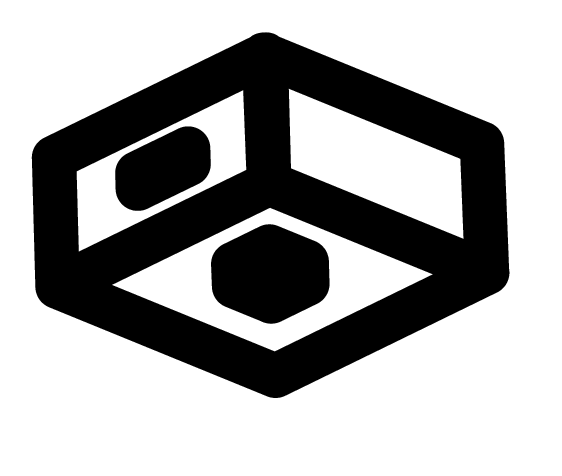When Digital Drives Consumer Choice: Why Healthcare Tech Leaders Must Consider User Experience
Joshua Titus, CEO at Gozio Health, is passionate about creating mobile technology that informs and delights users.

GETTY
According to a recent Accenture survey, half of healthcare consumers say a bad digital experience can ruin their entire experience with a provider, and about one in four would switch providers for high-quality digital services. This is why mobile engagement platforms should be crafted with the consumers' perspective top of mind.
There are two main reasons why mobile offerings fail to gain traction with healthcare users: a high barrier to entry and/or a poor user experience. It’s really as simple as that. These two issues are often the result of one or more of these common, but problematic, approaches:
• The “Frankenstein app” problem: Organizations launch a mishmash of mobile features that aren’t cohesive, creating a disjointed, jarring experience for the consumer.
• The “Frankenstein” strategy (a bigger problem): When an organization has multiple digital and mobile offerings (e.g., the mobile website, an app for urgent care, an app for virtual visits, etc.) each vying for the consumers' attention.
• The mobile website conundrum: It’s critical to have a mobile-responsive website, but this isn’t the best option to drive your entire mobile strategy. The reason: This isn’t a quick and user-friendly way for people to find specific tools, like online scheduling or the patient portal login.
• Everything is gated behind a portal login: There are a lot of reasons to have a patient portal, a critical piece of the larger digital ecosystem. However, a patient portal isn’t available to everyone in your community; it’s only accessible by patients. Further, access to the portal requires authentication, which is fine for protecting sensitive records, but unnecessary for finding an urgent care facility or checking wait times. Using the portal for mobile entry can make your mobile offering inaccessible to potential patients.
Key Questions For Consumer Experience
These issues often arise because solutions have been cobbled together over time with the easiest solution being chosen at each decision point. However, given the impact that digital experiences have on consumer choice, organizations can’t afford to leave digital design to chance.
When planning your digital strategy and its mobile offering, there is one thing to consider above all else: Does it deliver the features, functions and access consumers want in a simple, seamless way? To determine the answer, ask yourself these questions:
• Can anyone download your platform's mobile app and use its features to engage with your organization?
• Can they access features other than your portal without the need to use secure authentication?
• Does your mobile platform integrate with your existing digital health tools?
• Do you know what features patients want most—and can you provide those features?
• Are you able to support seamless access to services and smooth transitions from one point of the customer journey to another?
The best digital platforms create a true hand-holding experience that helps people easily navigate from the digital world to the real world. The key to designing a digital hand-holding experience: Look at your customer journey from the end-user’s point of view. Then, develop digital services and interventions that facilitate access and help customers obtain the help they need.
Becoming The Digital Healthcare Destination Of Choice
Today, 83% of the more than 350,000 health-related mobile apps on the market only get downloaded 5,000 times, according to IQVIA—a sign of their lack of perceived value for consumers. To drive meaningful value, organizations need to ensure that their digital health platform and its mobile offering not only have the features consumers want, but also the flexibility to change and grow over time.
By putting the end user first, organizations can deliver a premium digital experience that mirrors what consumers have grown accustomed to in other areas of their lives.
Forbes Technology Council is an invitation-only community for world-class CIOs, CTOs and technology executives. Do I qualify?

 Attendees
Attendees
 Sponsors and Exhibitors
Sponsors and Exhibitors
 AI In Healthcare: A Virtual Course
AI In Healthcare: A Virtual Course
 Contact us
Contact us